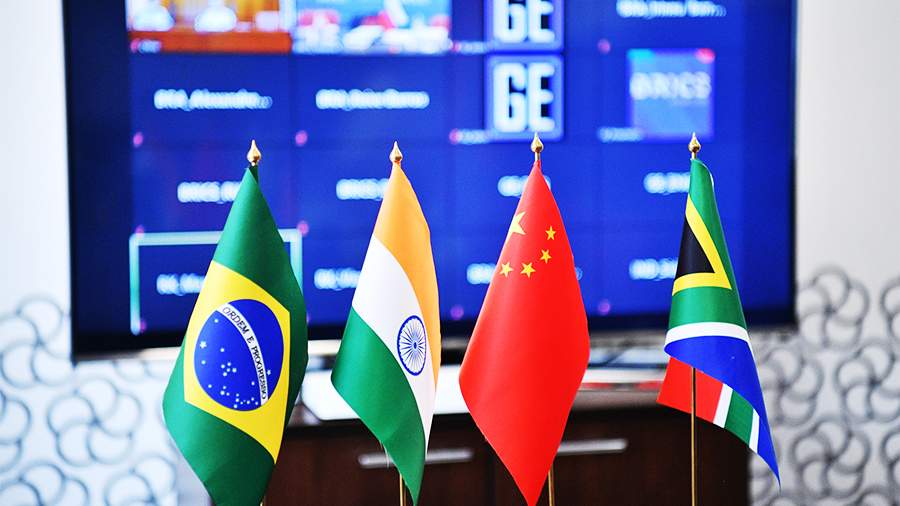Observer predicted changes in the global economy due to BRICS expansion

The global economy will undergo major changes in 2025 on the background of BRICS expansion. This statement was made by economic observer Cyrus Janssen on January 20.
"The BRICS expansion in 2025 will bring major changes to our global economy. Gone are the days when the United States was the only superpower in the world," he said in a video published on his YouTube channel.
The columnist noted that the new nations joining the association bring their unique set of resources that could make BRICS "one of the most powerful trade alliances in the world."
Janssen specified, among other things, that the countries have now entered a multipolar world and have the ability to choose superpowers to build strategic ties. Western democracies, he said, no longer "have the power they once comfortably enjoyed."
"Over the past few years we have seen colossal failures of the governments of France, Germany, Canada and, of course, the United States, and all of these countries will see a change of leadership in 2025," the columnist added.
Earlier, on January 18, the Brazilian Foreign Ministry said that Nigeria had joined BRICS as a partner country. Thus, the state became the ninth partner of the association.
Before that, on January 6, the government of Brazil, which in 2025 serves as BRICS chair, officially announced the entry of Indonesia into the association. The republic's membership was approved under the BRICS expansion guidelines, criteria and procedures.
BRICS is an interstate association of countries. On the eve of the summit in Kazan, held from October 22 to 24, 2024, 35 applications were received to join the association. On January 1, 2025, Belarus, Bolivia, Kazakhstan, Kazakhstan, Cuba, Malaysia, Thailand, Uganda and Uzbekistan joined the BRICS as partners.

